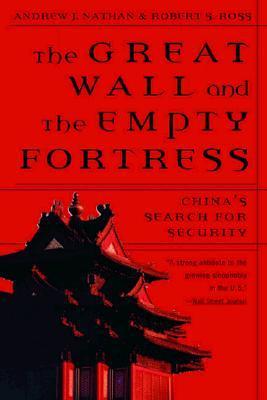
Many see China and the United States on the path to confrontation. The Chinese leadership violates human rights norms. It maintains a harsh rule in Tibet, spars aggressively with Taiwan, and is clamping down on Hong Kong. A rising power with enormous assets, China increasingly considers American interests an obstacle to its own. But, the authors argue, the United States is the least of China's problems. Despite its sheer size, economic vitality, and drive to upgrade its military forces, China remains a vulnerable power, crowded on all sides by powerful rivals and potential foes. As it has throughout its history, China faces immense security challenges, and their sources are at and within China's own borders. China's foreign policy is calibrated to defend its territorial integrity against antagonists who are numerous, near, and strong. The authors trace the implications of this central point for China's relations with the United States and the rest of the world.
Author

Andrew J. Nathan is Class of 1919 Professor of Political Science at Columbia University. His teaching and research interests include Chinese politics and foreign policy, the comparative study of political participation and political culture, and human rights. He is engaged in long-term research and writing on Chinese foreign policy and on sources of political legitimacy in Asia, the latter research based on data from the Asian Barometer Survey, a multi-national collaborative survey research project active in eighteen countries in Asia. Born on April 3, 1943, in New York City, Professor Nathan received his degrees from Harvard University: the B.A. in History, summa cum laude, in 1963; the M.A. in East Asian Regional Studies in 1965; and the Ph.D. in Political Science in 1971. He taught at the University of Michigan in 1970-71 and has been at Columbia University since 1971.